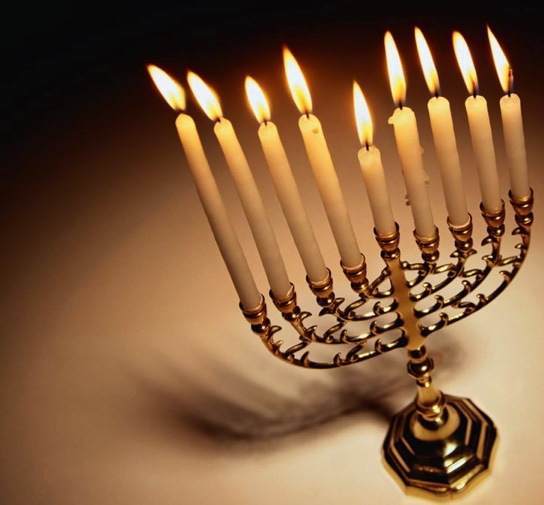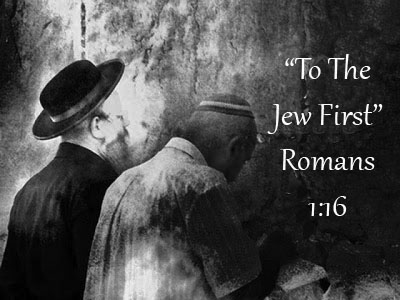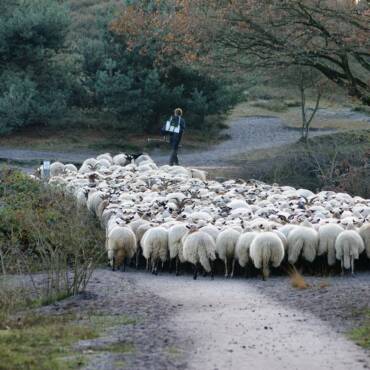Hanukkah in Scripture

By Sam Nadler
Hanukkah. Though many believers may not take much notice when they see this Jewish holiday on the calendar, we find in the book of John that Yeshua did not look at it this way; in fact, He celebrated it!
“At that time the Feast of Dedication (Hanukkah) took place at Jerusalem; it was winter, and Yeshua was walking in the temple in the portico of Solomon. The Jews then gathered around Him, and were saying to Him, ‘How long will you keep us in suspense? If you are the Messiah, tell us plainly.’” (John 10:22-24)
Here, John makes it very clear that this event took place during the Feast of Hanukkah. Hanukkah comes from the Hebrew word hanakh which means “to dedicate,” and so in English it is called the “Feast of Dedication,” commemorating the time when the Maccabees led Israel in the purification and rededication of the Temple after its desecration by the Syrians in 168 BCE.
But why did John see it as so important to mention Hanukkah in this passage? Remember what Paul says in 2 Timothy 3:16: “All Scripture is inspired by God and is profitable…” When we understand the context of John 10, we better understand this passage, for when the people asked Yeshua, “How long will you keep us in suspense? If you are the Messiah, tell us plainly,” they were really wondering, “Where is the Messiah, the greater Maccabee? The people were expecting Messiah to be a political warrior to throw out the Romans, just as the Maccabees had thrown out the Syrians. They did not realize that Messiah had come for a much greater purpose: to demonstrate God’s faithfulness as He fulfilled God’s promise given to Abraham and his descendants (Gen. 12:3).
The Savior from God
So, rather than saying, “Yes, I’m Him!” Yeshua answered: “I told you, and you do not believe; the works that I do in My Father’s Name, these testify of Me. But you do not believe because you are not of My sheep.” (John 10:25-26)
With a mere “yes,” Yeshua would have been accommodating Himself to the people’s narrow expectation heightened at the time – only part of the full biblical picture to come later. To say “no” would have been a lie. So Yeshua wisely responds, “I’ve already told you.” In both word and deed, He had already answered their question (John 8:58; 10:25).
God provides the eternal salvation that we need, not merely the temporary solutions we desire. Is your faith in God’s Word, or in your own expectations and experience? Like Job, true faith sees beyond the immediate and trusts God’s wisdom and care: “Though He slay me, yet will I trust in Him!” (Job 13:15).
With the Maccabees, short-term faith was required. They pointed to a temple desecrated by an oppressive Syrian regime and said, “Let us defeat them and rededicate the temple!” However, Yeshua points directly at each of us and says that we are the ‘desecrated temple,’ who need to be cleansed and rededicated in order to walk with God. The problem, O Israel, is not outside of you, but within you. Our need is not for a quick fix of short-term problems, but for an eternal relationship with God!
The Shepherd to God
“My sheep hear My voice, and I know them, and they follow Me; and I give unto them eternal life, and they will never perish, and no one will snatch them out of My hand.” (John 10:27-28)
His sheep have faith in Him: “My sheep hear My voice.” His sheep are His followers: “They follow Me.” There is mutual recognition and a reciprocal action. The shepherd knows and directs His sheep and the sheep respond in obedience. Messiah guarantees eternal life to His followers. People do not always understand what eternal life is. Some think that their eternal rest will be in their coffin! Passing a cemetery one day, an Irishman paused at a startling inscription on one tombstone. He read the words: “I still live.” Puzzled, the Irishman scratched his head for a moment, then exclaimed: “Goodness, if I were dead, I’d be honest enough to admit it!”
Eternal life comes from God by faith in Yeshua, who alone can relate us rightly to the eternal God. Furthermore, eternal life is a new kind of existence for believers. It is God’s own life. Through Yeshua, the fullness of God dwells within us—and His life will never end! God is immortal; those who believe in Yeshua will live on with Him. Messiah then teaches that we must have faith in Him as the Son of God:
The Son of God
“My Father, who has given them to Me, is greater than all; and no man is able to snatch them out of My Father’s hand. I and My Father are one” (John 10:29-30).
Yeshua’s assertion that He is one with the Father is meant to give assurance to His followers: “No one will snatch them from My hand” anymore than from the “Father’s hand.” Defeat is measuring your life by the size of your problem; victory is measuring life’s challenges by the size of your God! God has provided salvation in Messiah, His Eternal Son. By dying for sins, He conquered death.
Despite temporary trials, there is ultimate victory in Messiah. Yes, Messiah demands a greater loyalty than the Maccabees, because He provides greater security. Trust in Him as the Savior, Shepherd, and Son. Yeshua is the Victor, and following Him brings the victory!




Add Comment